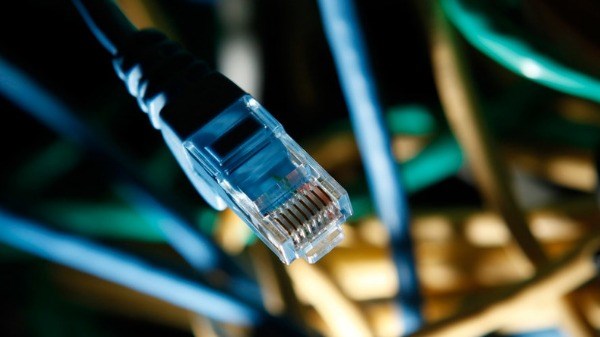Russia starts blocking Google Docs
Russian authorities continue to expand restrictions on internet traffic trying to fully block the Smart Voting application.
Smart Voting is a voting strategy promoted by opposition leader Aleksei Navalny that makes the Kremlin and the ruling United Russia party nervous. It helps opposition-minded Russians vote for candidates deemed most capable of beating candidates from United Russia.
GlobalCheck reports that on Wednesday evening traffic to docs.google.com was blocked on the cellular networks, as well as the state-owned internet provider Rostelecom.
According to GlobalCheck , Google Docs do not work for MTS and MegaFon users. Complaints also come from Tele2 and Yota users. Failures have been reported throughout Russia.
According to the Russian non-governmental organization, Roskomsvoboda, mostly internet providers have been affected by the restrictions. Out of the mobile providers, MTS and MegaFon are blocked in almost all regions of the Russian Federation, and Beeline works everywhere.
Almost simultaneously, Telegram service for publications, telegra.ph, started experiencing failures, GlobalCheck reports.
On Tuesday, a source of the RBC news agency in the telecom market confirmed that the state-owned internet provider Rostelecom has imposed restrictions on Google DNS servers (with IP addresses 8.8.8.8 and 8.8.4.4) and Cloudflare (1.1.1.1 and 1.0.0.1), as well as the DoH protocol.
Google public DNS servers allow speeding up the loading of web pages, protect against spoofing (when one site is disguised as another), and Cloudflare encrypts web traffic so that providers do not see which resource the user is accessing.
Late last week, the Russian media watchdog Roskomnadzor began blocking six VPN services, including the popular Nord VPN, which caused a wave of disruptions for users.
On Tuesday, the Russian Central Bank started experiencing failures in its communications system.
Due to the "unstable operation of electronic cabinets”, the Central Bank decided to accept paper applications from banks and extended the deadline for their submission. The Central Bank requested that the manually filled documents be sent "to the regional offices of the Bank of Russia servicing the correspondent account of the credit institution."
At the same time, the deadlines for providing other electronic documents, including reporting, as well as responses to requests and instructions of the Central Bank, were extended.
Director of the "Society for the Protection of the Internet" Mikhail Klimarev does not rule out further failures. “For example, the Central Bank recommends that banks implement solutions to validate the actions of the user - an individual reCAPTCHA and Invisible reCAPTCHA - and these are Google products,” he says.
"It always breaks in the most unexpected places," Klimarev notes. “In the worst case, the bank communication systems can fail.”
The Kremlin decided "pull down the Internet switch" after Russian President Vladimir Putin appealed to citizens to vote in the elections to the State Duma on September 17, 18 and 19.
"The highest meaning of the elections is, first of all, the expression of the will of the Russian people as the main source of power, the implementation of the constitutional right of citizens to determine the further development of the country, which we all want to see sovereign and prosperous," Putin stressed.
